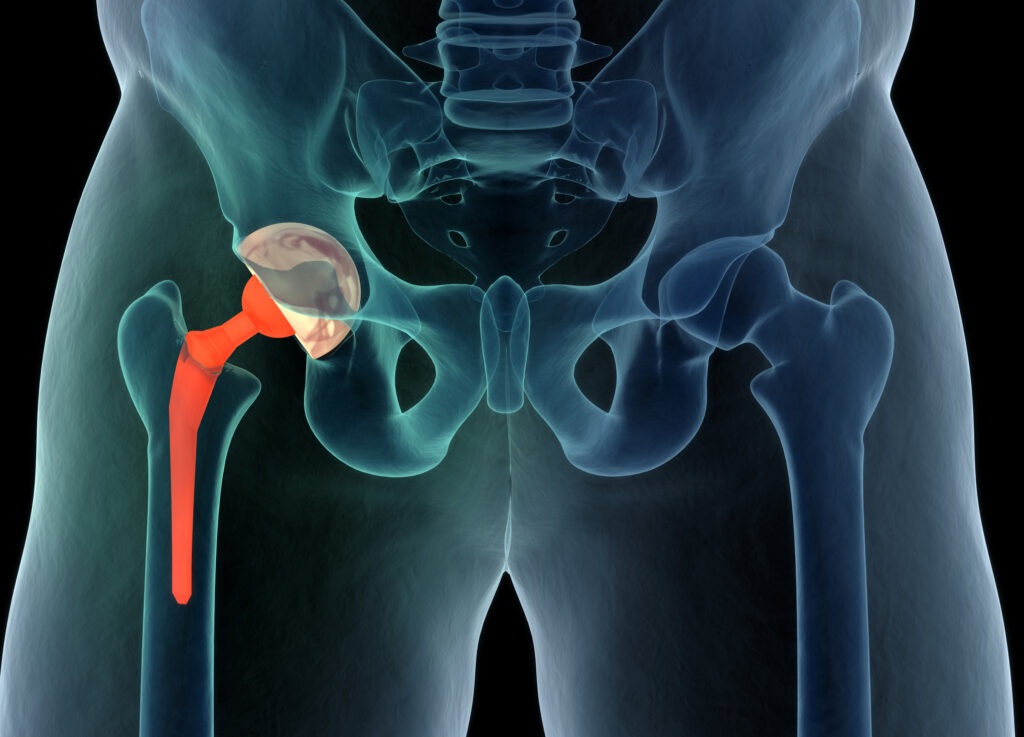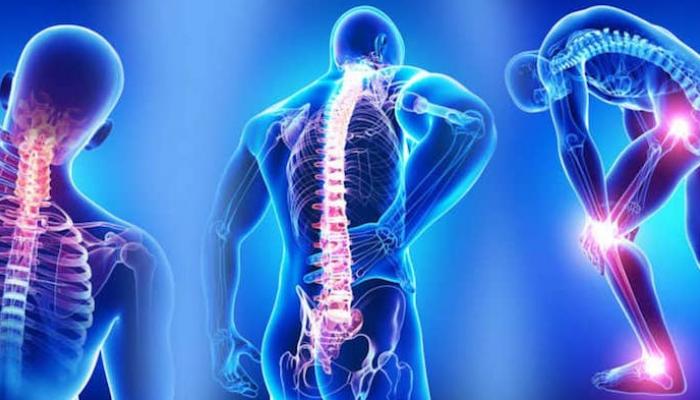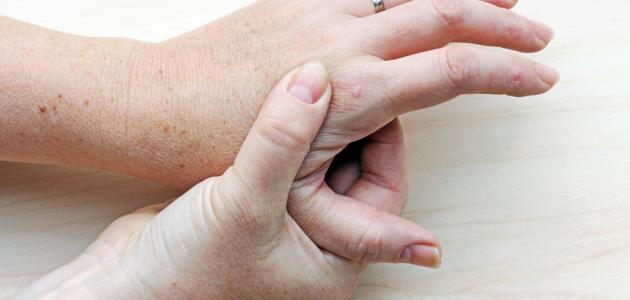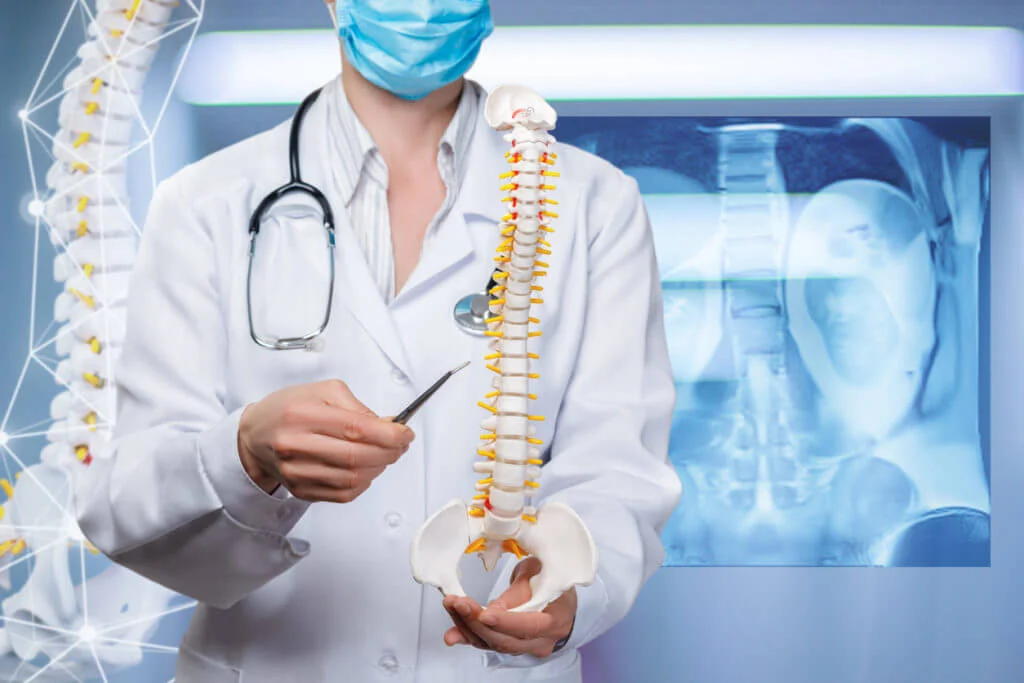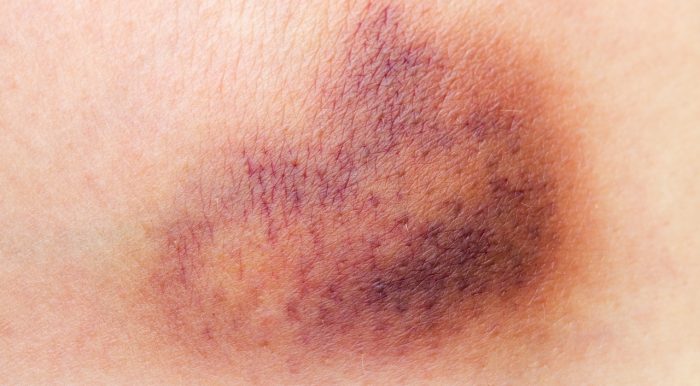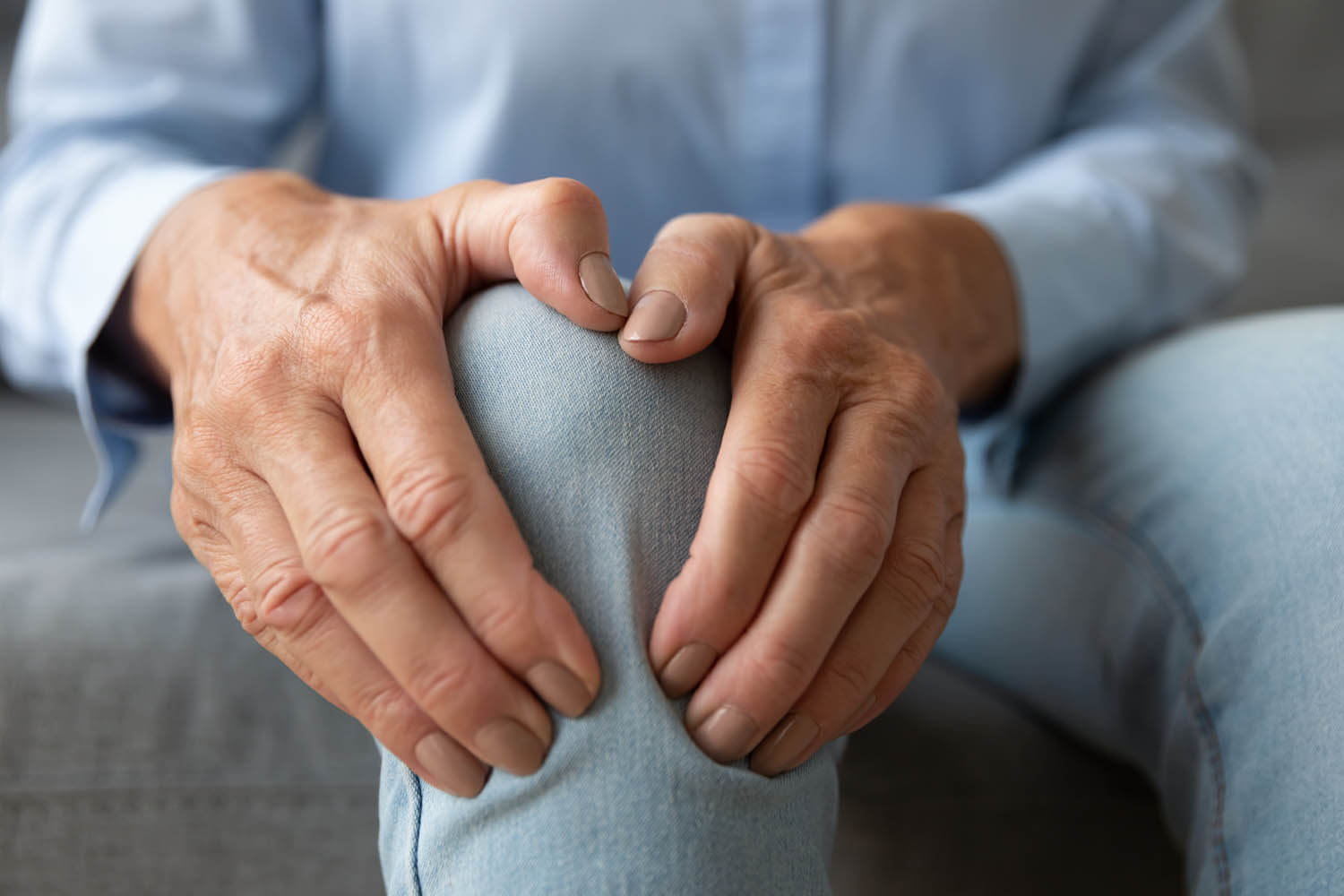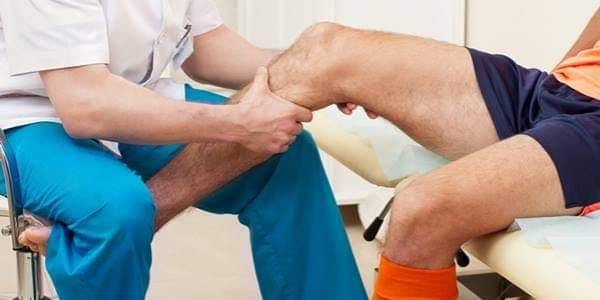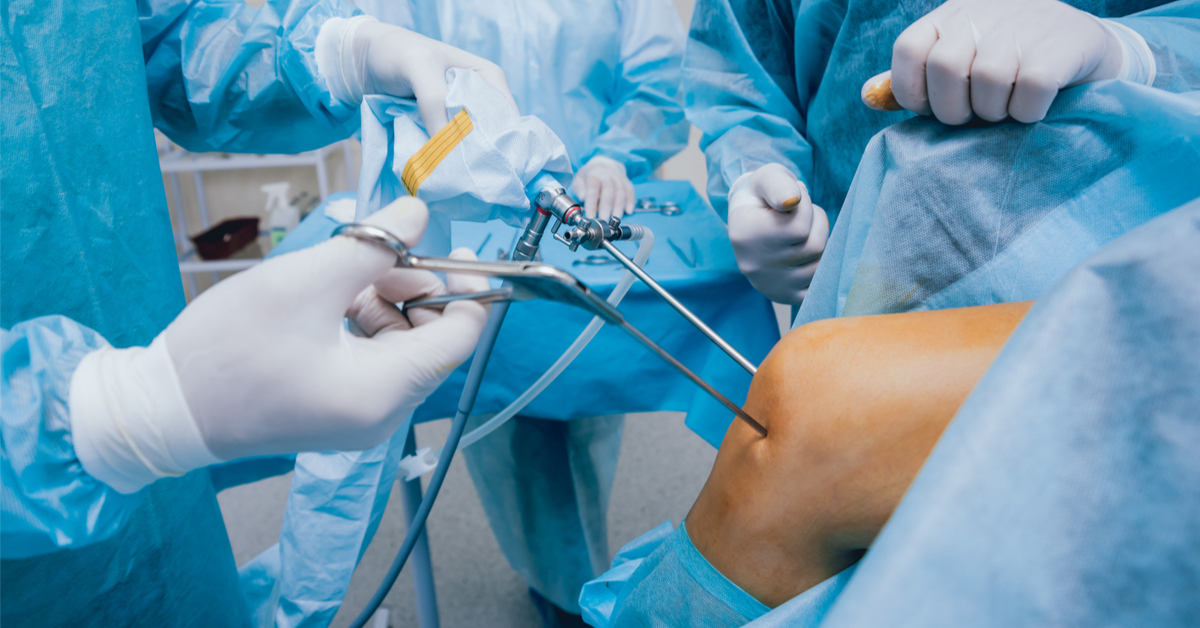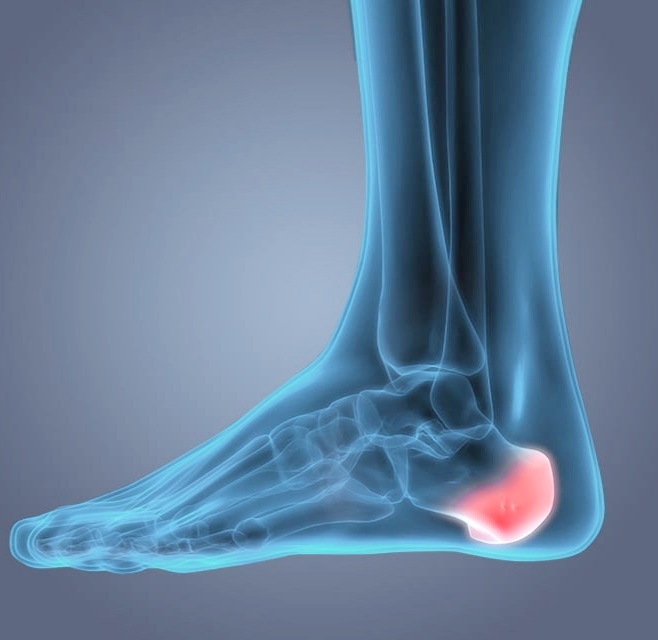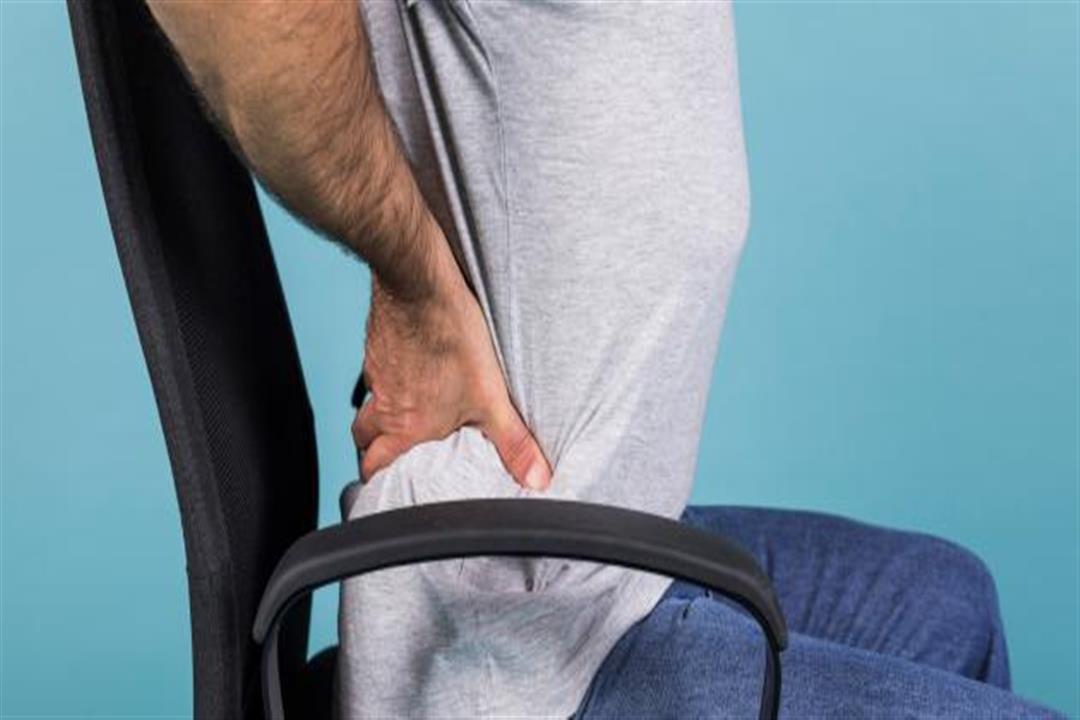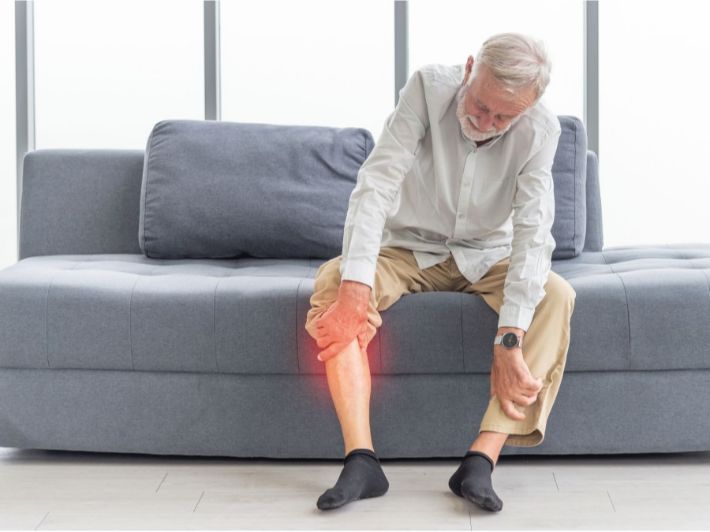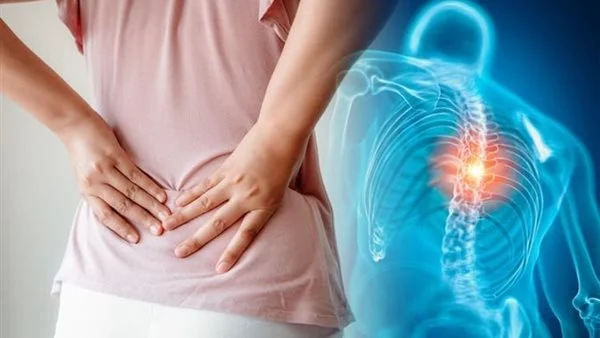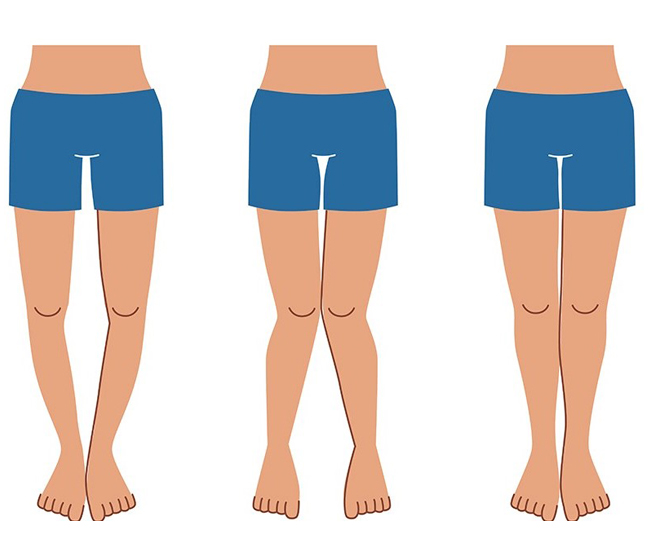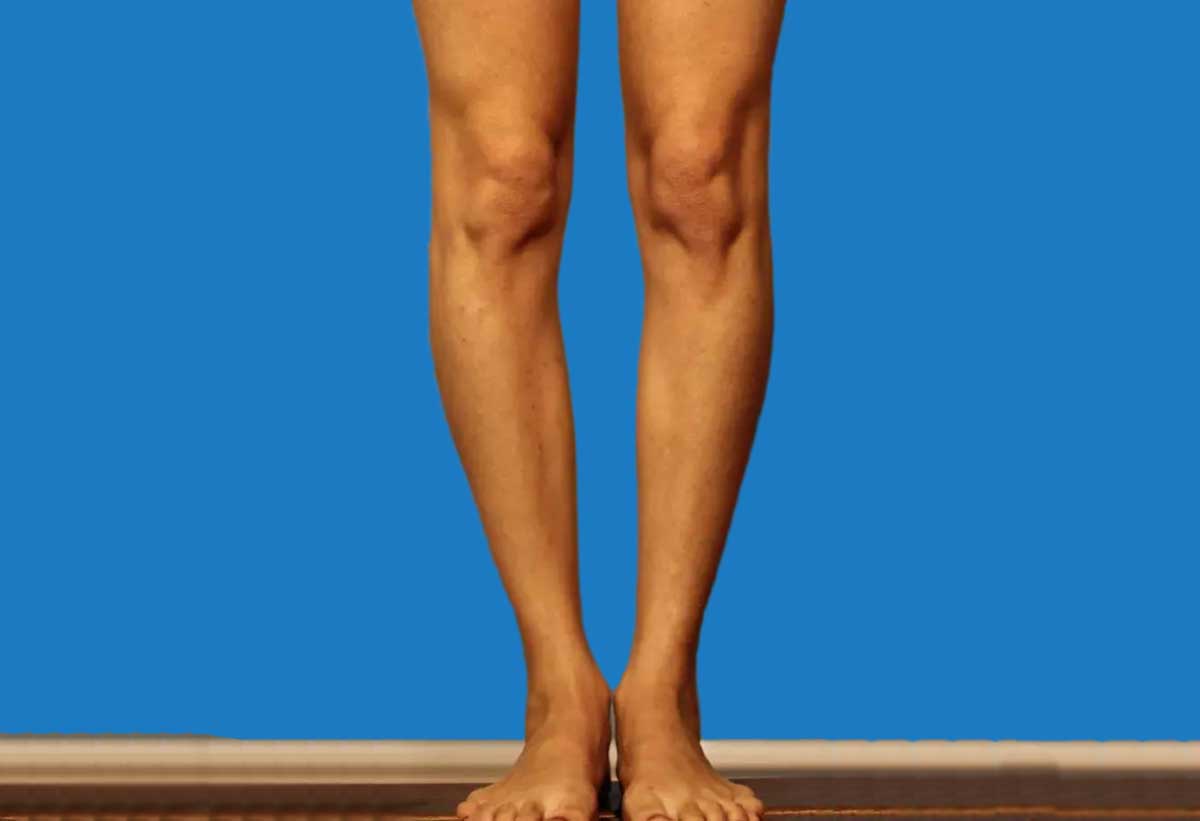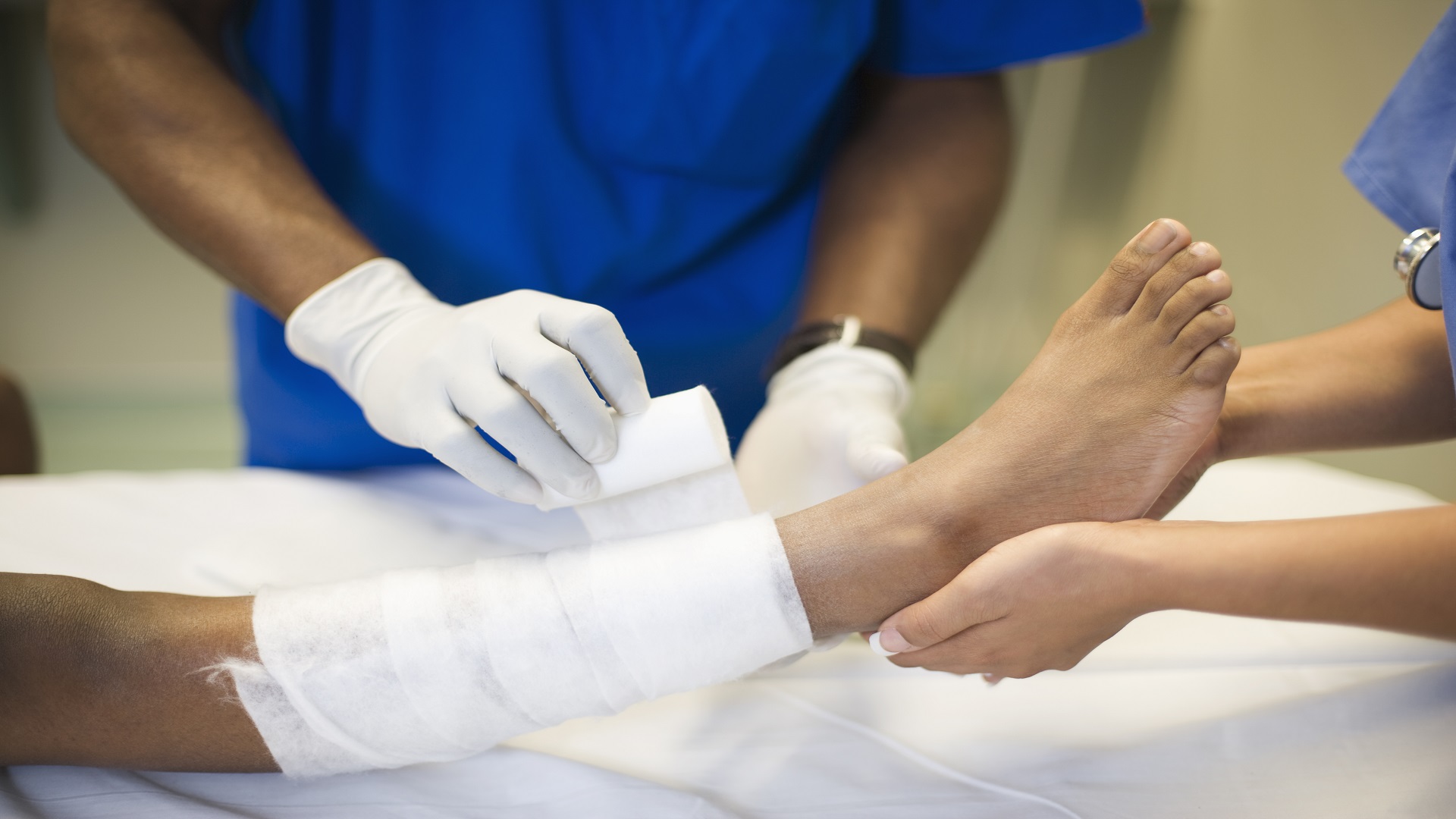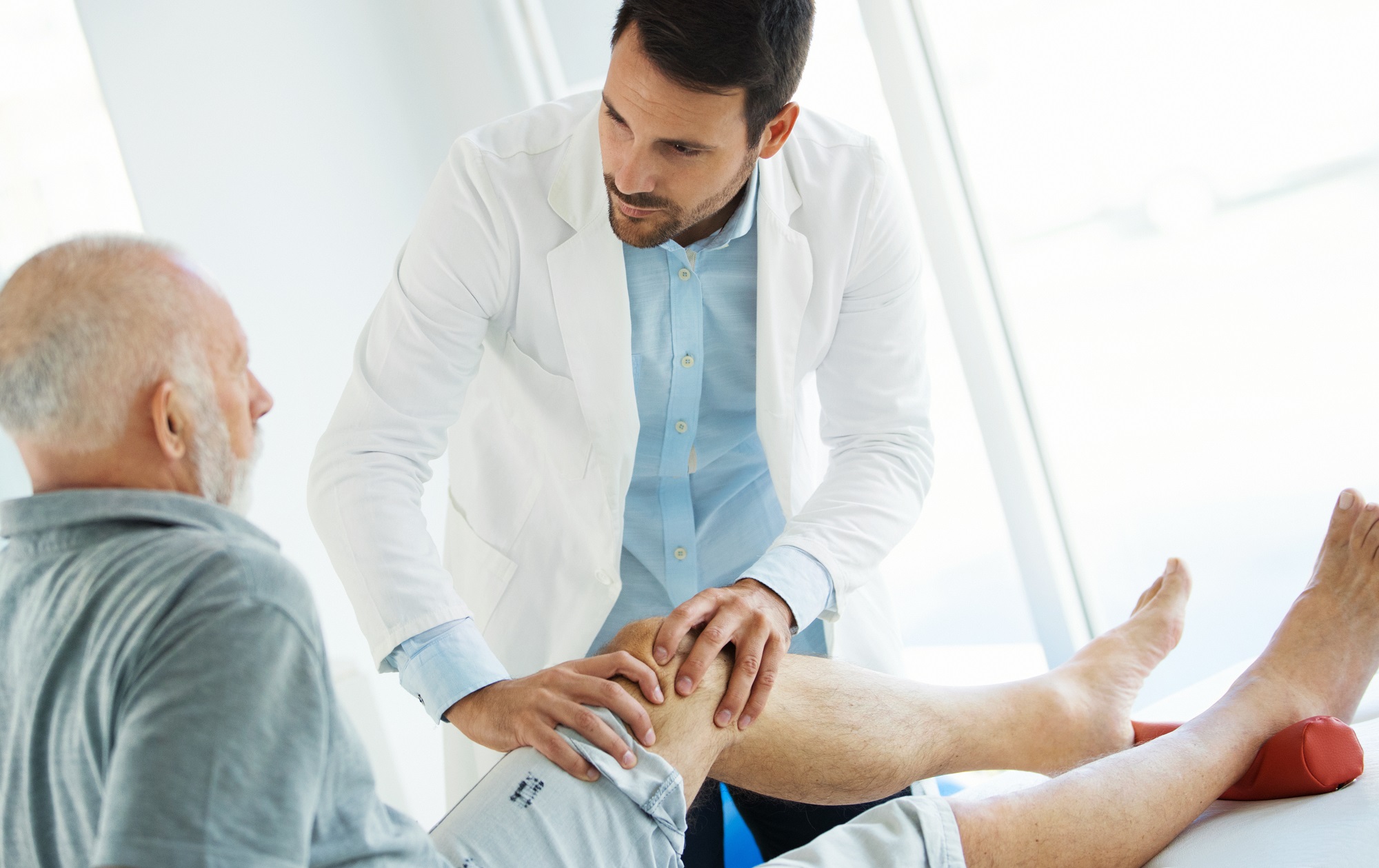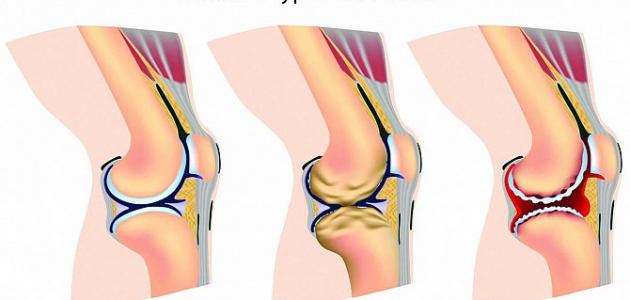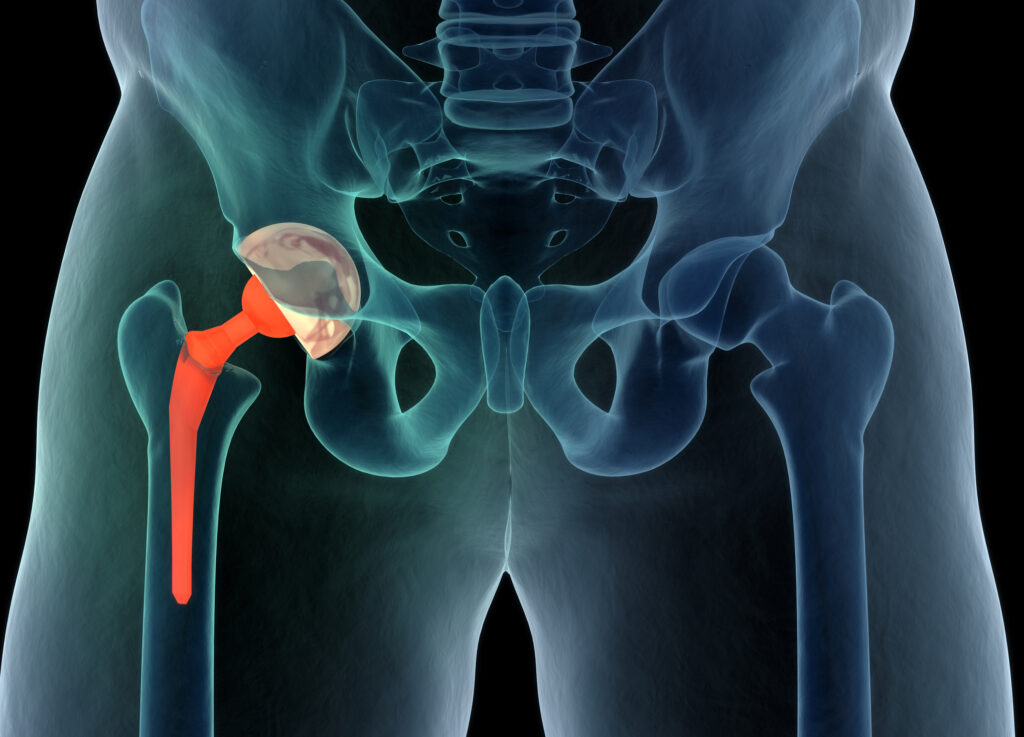Is a herniated disc dangerous? And how long does it take to recover from it?
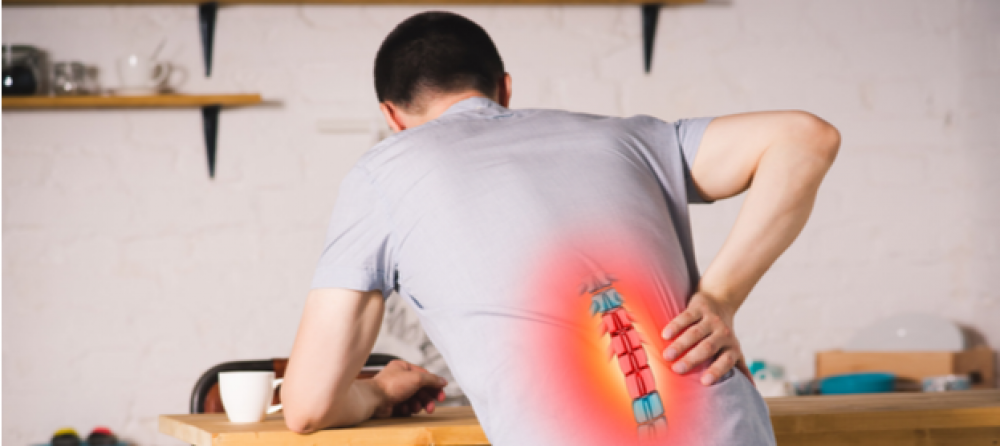
Is a herniated disc dangerous?
A herniated disc occurs due to the protrusion of the inner, softer part of the spinal vertebrae outward, and it may cause various back pains. Some may wonder about the seriousness of a herniated disc, and the answer is that it is not a dangerous condition in itself. However, if it is not treated correctly, some serious complications may occur.
Failing to properly treat a herniated disc can lead to permanent nerve damage. A herniated disc can cause pain and burning sensations in different parts of the body due to nerve damage. Surgical treatment may be required in certain cases when there is significant pressure on the nerves, leading to spasms and numbness in the legs and loss of movement.
Therefore, it is recommended to start non-surgical treatment for a herniated disc, such as physical therapy and exercises to strengthen the muscles surrounding the spine. It is also advisable to avoid strenuous activities that may increase pain and irritation. If the condition does not improve after a period of non-surgical treatment, surgical treatment may be considered.
When it comes to your health, it is best to seek advice from specialist doctors. Make an appointment with an orthopedic doctor or a neurologist to assess your condition and guide you to the appropriate treatment. Do not hesitate to ask all the questions and inquiries you may have about the seriousness of a herniated disc and the available treatment options.
Make sure to follow the medical instructions and advice provided by your doctor for recovery and to avoid serious complications. Maintain a proper body posture while standing and sitting, and refrain from smoking if you smoke. Also, it is important to continue practicing the recommended physical exercises to strengthen the muscles and improve the flexibility of the spine.
A herniated disc can be a painful problem, but with the right treatment and adherence to medical guidelines, improvement can be achieved, and you can live a life free from pain and mobility issues.
Is it possible to live with a herniated disc?
Yes, it is possible to live with a herniated disc. Many people suffer from herniated discs without experiencing severe pain or disruption to their daily functions. However, the situation depends on the severity of the condition and the accompanying symptoms.
If you are suffering from a herniated disc, here are some tips for coping with it:
- Exercise: Exercises that strengthen the muscles of the back and abdomen are beneficial for reducing pain and improving the function of the spine.
- Proper Lifting Techniques: Learning how to lift objects correctly can help prevent exacerbating the condition.
- Maintaining Proper Posture: Maintaining a correct posture while sitting and standing can help alleviate pressure on the intervertebral discs.
- Avoiding Irritating Activities: You may need to avoid activities that cause pain or worsen the condition.
- Physical Therapy: This can help strengthen the back muscles and improve flexibility.
- Medication: Your doctor may recommend medications to relieve pain and inflammation.
- Injection Therapy: In some cases, steroid injections may be used to alleviate pain.
- Surgery: In rare cases and when other treatments fail, surgery may be considered.
It is important to seek medical advice for precise guidance on how to deal with a herniated disc and to learn the appropriate steps to avoid worsening the condition.
When does a doctor resort to surgery in the case of a herniated disc?
A herniated disc is a common problem in the spinal column, and it can cause sharp pain and restrict the patient’s movement. Typically, a herniated disc is treated using non-surgical techniques; however, in some cases, surgery may be necessary. In this article, we will highlight when doctors may resort to surgery in the case of a herniated disc.
- Lack of Response to Non-Surgical Treatment: The vast majority of herniated disc cases are treated using non-surgical techniques such as physical therapy and pain relief medications. However, some patients may require surgery if they do not respond to non-surgical treatment and continue to suffer from severe pain and restricted movement.
- Deterioration of the Patient’s Health: If the patient’s health condition rapidly deteriorates, such as losing control over bowel and bladder functions or significant muscle weakness, immediate surgical intervention may be required. These situations are emergencies and require immediate surgical intervention to avoid serious complications.
- Symptoms Persisting for an Extended Period: If the symptoms persist for an extended period without noticeable improvement, such as continuous pain and muscle weakness, the decision may be made to resort to surgery. Each case is evaluated individually, and if the pain and restricted movement continue and cannot be controlled with non-surgical treatments, surgery may be the best solution.
- Structural Deformity: Surgery may be necessary in the case of structural deformity in the spinal column, such as vertebral slippage or a fracture in the vertebral joints. In such cases, surgical treatment is the optimal option to correct the deformity and improve the patient’s condition.
- Severe Spinal Canal Stenosis: If radiological examinations indicate severe spinal canal stenosis, surgery may be necessary to expand the canal and relieve pressure on the affected nerves. Spinal canal stenosis can occur as a result of a herniated disc, and surgery can improve this condition and alleviate symptoms.
Overall, the decision to resort to surgery in the case of a herniated disc is based on an evaluation of the symptoms and medical diagnosis. Patients should consult with specialized doctors and inquire about the best treatment options suitable for their condition. Surgery may be the optimal solution in some cases, especially if the symptoms are severe and significantly impact the patient’s life.
How does a patient with a slipped disc live?
A patient with a slipped disc lives a life marked by challenges and difficulties. This disease, which affects the spinal cord and peripheral nerves, causes sharp and sudden pain when making certain movements. The patient may feel coldness on one side of their body and suffer from back pain when sneezing or coughing. These symptoms make the patient’s life difficult and exhausting.
Therefore, the patient needs to make adjustments in their lifestyle and adopt some measures to alleviate the pain of the slipped disc. It is advised for the patient to maintain a healthy and proper sitting posture while performing daily activities, especially if they work in an office job and sit for long periods in front of the computer.
The patient is also advised to perform exercises to strengthen the back and abdominal muscles to strengthen the spine and reduce friction between the vertebrae. Physical therapy may also help meet the patient’s needs, alleviate pain, and improve spinal mobility.
On the other hand, the patient should pay attention to their weight and maintain a healthy weight, as weight gain may increase pressure on the spine and intensify symptoms. Additionally, the patient can use heat therapy or massage techniques and consult a specialist for precise guidance on appropriate treatment and non-surgical intervention for their condition.
In conclusion, a patient with a slipped disc lives a life that may be difficult, but by adopting a healthy lifestyle and following appropriate medical care, the patient can alleviate the symptoms of the disease and improve their quality of life. Therefore, the patient must pay attention to their body’s needs and work on improving them regularly and systematically.
Tips for those suffering from a slipped disc?
If you are suffering from a slipped disc, it is important to follow some tips that can help you cope with this disease and relieve the pain you are feeling. Therefore, we will provide you with a list of useful tips that can serve as a reference for you as a patient, and you can keep this list or share it with others who suffer from the same problem to benefit from it as well.
- Correct Sleeping Method: You should sleep on a flat and firm surface, avoiding beds with weak surfaces or places that lead to an unnatural curvature of the spine.
- Avoid Lifting Heavy Objects: If you need to lift anything heavy, make sure to bend your body at a 90-degree angle and avoid leaning forward or backward.
- Use Tools Nearby: Organize the space around you to easily access the tools you need, to avoid standing for long periods and making harmful rotational movements on the intervertebral discs.
- Choose a Suitable Work Chair: Choose a chair that is ergonomically designed for long periods of work. The chair should have proper curves, side support, and adequate ventilation to reduce back pressure and pain.
- Practice Physical Exercises: It is recommended to practice physical exercises that help strengthen the muscles of the back and abdomen and support the spine. Among these exercises, walking, swimming, and yoga are suitable for patients suffering from disc herniation.
- Maintain Ideal Weight: Maintaining a healthy and moderate weight helps reduce pressure on the spine, reduce pain, and decrease cartilage inflammation.
- Rest Regularly: Give yourself periods of rest and relaxation during the day and avoid staying in one position for a long time. Stand and walk for a short period every half hour to relieve pressure on the discs and reduce the symptoms of disc herniation.
- Seek Physical Therapy: Consult your doctor and talk to him about the possibility of getting physical therapy. This treatment can help strengthen muscles, improve spine flexibility, and relieve pain.
It is important to remember that these tips are general guidelines, and you should consult your doctor before adopting any lifestyle changes or starting any new exercises. Don’t forget that adherence to appropriate treatment and personal care plays an important role in coping with disc herniation and improving your quality of life.
How long does it take to recover from a disc herniation?
The recovery time from a disc herniation depends on the symptoms and severity of the condition. Generally, recovery takes about 4-6 weeks. After the recovery period, the person should gradually return to normal activity. It is important to ensure full recovery from disc herniation during the 6-week recovery period. Adhere to the treatment prescribed by a specialist doctor, which may include pain relievers, cortisone injections, and others.
However, it is important to remember that recovery time can vary from case to case. This duration depends on the symptoms experienced by the person and the severity of the condition, and recovery can take from several days to a few months. Some symptoms indicating recovery from disc herniation include disappearance of muscle spasms and pain in the back and neck.
Usually, signs of recovery appear about 4 to 6 weeks after starting treatment. However, in some cases, signs of recovery may appear within a few days of starting treatment, depending on the severity of the pain, the location of its occurrence, and the type of treatment followed. It is important to note that time plays an important role in the recovery process from disc herniation, as in some cases, the person may recover spontaneously.
In summary, the recovery time from a disc herniation may vary and depends on several factors. Therefore, it is crucial to consult a specialist doctor to evaluate the condition and direct the appropriate treatment.
Is complete recovery from a herniated disc possible?
Is complete recovery from a herniated disc possible? This question occupies the minds of many herniated disc patients. A herniated disc is a problem that affects the spine and causes severe pain, and it may significantly impact an individual’s life.
Although a herniated disc was considered a difficult problem to treat in the past, there are now numerous ways to improve and treat the condition. Among these treatments, surgical and minimally invasive interventions can be used. Surgical treatment includes the removal of the herniated disc or cartilage to relieve pressure on the nerves, and the removed cartilage may be replaced with an artificial one.
However, minimally invasive intervention has emerged as a modern and innovative way to treat back pain related to herniated discs. This intervention works by applying high-frequency thermal waves to burn the nerves causing the pain. This new technique represents a scientific breakthrough in the field of back pain and herniated disc treatment.
It is worth mentioning that physical therapy programs can be used as a complementary treatment after surgery or undergoing thermal frequency pain treatment sessions to facilitate the movement of the spine. Although a herniated disc may require surgery in some cases, there are successful non-surgical solutions that can be used to improve the patient’s condition.
Therefore, based on the available data, we can conclude that complete recovery from a herniated disc is possible. Minimally invasive intervention by applying thermal waves may be an effective alternative to surgery in some cases, and physical therapy can also be used as a complementary treatment option.
Please note that this information is based on data available online, and it is important for the affected individual to ask these questions to their treating physician to get an accurate diagnosis and treatment for their condition.
Does a herniated disc progress?
A herniated disc is a medical condition that affects the cartilage located between the vertebrae of the spine. This herniation occurs due to damage to the annular cartilage and its displacement from its original position. Although a herniated disc can be painful and cause uncomfortable symptoms, it does not progress in all cases.
Sometimes, the herniated cartilage may spontaneously return to its normal position over time. However, these cases are rare and cannot be relied upon as a common occurrence. Typically, treatment for a herniated disc requires focusing on reducing symptoms and minimizing any future problems.
In order to reduce the symptoms associated with disc herniation and minimize its potential problems, treatment and rehabilitation are directed. This includes stretching exercises that help move the herniated disc back to its natural position and reduce pressure on the nerves surrounding the spinal cord. Additionally, treatment may include specific medications, physical therapy, and other therapeutic plans determined by the specialist doctor.
Although some people may experience an improvement in their symptoms and believe that the herniated disc has returned to its normal position, this does not necessarily mean that the condition is completely healed. Typically, a herniated disc is unable to fully return to its normal position, but some body mechanisms may cause the herniated disc to recede or become submerged to alleviate the accompanying symptoms.
By obtaining an immune response in the body, the body can recognize the herniated disc as a foreign substance attacking the body, thus reducing the herniated disc and alleviating inflammation of the nerve roots and the accompanying symptoms.
In summary, a herniated disc can return to its normal position in some cases, but it requires treatment and rehabilitation to reduce symptoms and avoid any future problems. Although the symptoms may sometimes subside, it is important to take care of the herniated disc and follow the therapeutic plan prescribed by the specialist doctor.
What happens when a disc ruptures?
A disc rupture is a painful and distressing phenomenon, significantly affecting a person’s health. Here are some important information about what happens when a disc ruptures:
Severe Pain: Pain is one of the most prominent main symptoms of a disc rupture. The pain can be sharp and originate from the back area, extending to the leg, depending on the rupture’s location. Numbness and Tingling: In some cases, the pain may be accompanied by numbness and tingling in the limbs, indicating that the nerves are affected due to the disc rupture. Difficulty in Movement: Movement may become difficult and restricted after a disc rupture, as the pain is contingent on the movement of the vertebrae and nerves. Muscle Weakness: A disc rupture can lead to muscle weakness in the affected area, and it may be difficult for the person to carry heavy weights or perform daily activities normally. Chronic Pain: Without appropriate intervention and treatment, acute pain may turn into chronic pain that persists for an extended period, affecting the person’s quality of life.
It is worth noting that the treatment of a disc rupture depends on the severity of the condition and the extent to which the nerves and muscles are affected. In some cases, the problem may be treated using pain relievers, rest, and physical therapy. In more severe cases, surgical intervention may be necessary to repair the damaged disc and relieve pressure on the nerves.
Does a herniated disc cause nerve damage?
A herniated disc that presses on the nerves is one of the main causes of nerve damage in the back. This damage occurs when the intervertebral disc tears and part of it slips out, leading to pressure on the surrounding nerves. When a herniated disc occurs, the excessive pressure on the nerves can cause damage and irritation, resulting in severe pain and numbness in the affected areas.
The main causes of a herniated disc include aging, as the intervertebral disc undergoes a natural wear-and-tear process with age. Previous injuries can also contribute to damage of the intervertebral discs and increase the likelihood of a herniated disc. Additionally, diseases such as arthritis and structural abnormalities in the spine can increase the risk of a herniated disc.
To prevent a herniated disc and nerve damage, it is recommended to follow certain preventative measures. These may include performing appropriate exercises to strengthen the back and abdominal muscles, maintaining good posture while sitting and standing, and avoiding lifting heavy weights incorrectly. Maintaining a healthy weight and following a balanced diet can also help prevent disc damage and disc herniation.
In general, it is crucial to consult a doctor if any symptoms associated with a herniated disc and nerve damage appear. The doctor may diagnose the condition through a clinical examination and based on the results of radiographic imaging, and recommend the necessary treatment to alleviate the symptoms and avoid potential complications.
Best Doctor for Herniated Disc
Dr. Amr Amal is one of the best specialists in Egypt for performing laser herniated disc surgeries. Therefore, if you are suffering from herniated disc problems in the spine, Dr. Amr Amal is the optimal choice for treatment. Do not hesitate to seek him out and rely on him to receive excellent healthcare.

